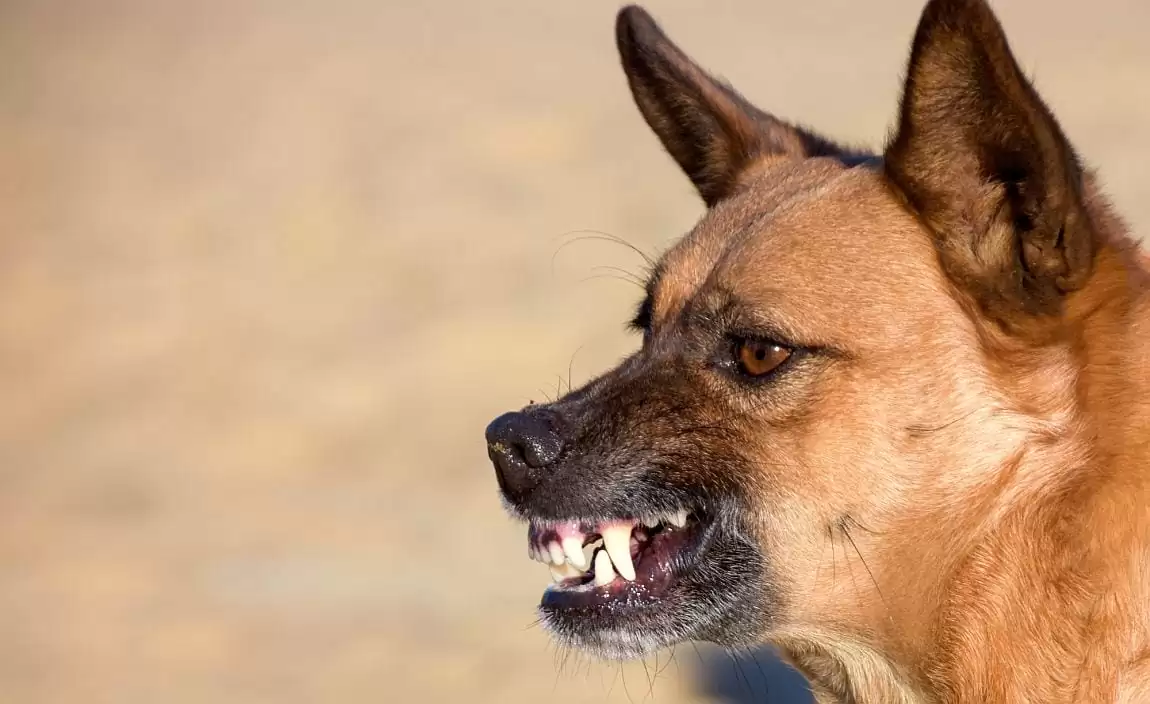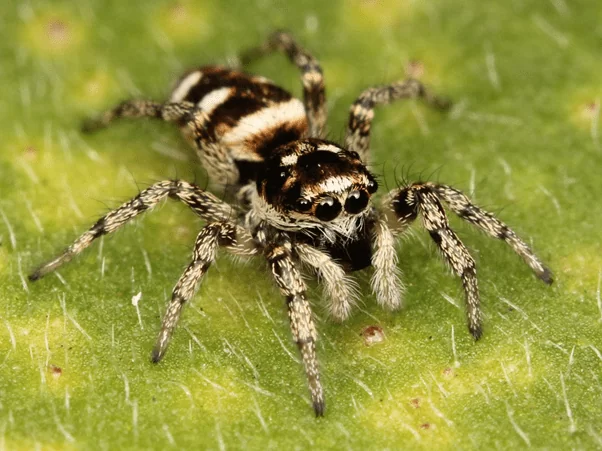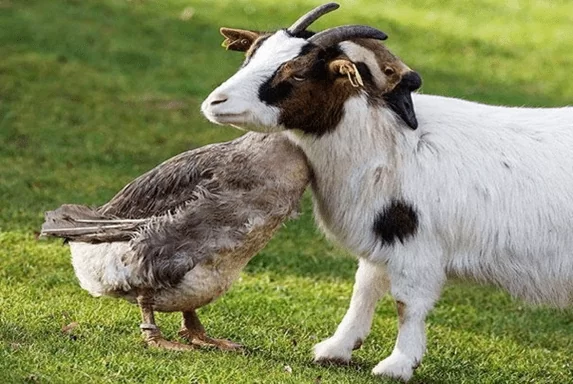Top 10 Reasons Dogs Show Bad Behaviours
Your puppy may be the sweetest creature on the planet. But as she grows older, sometimes she may get aggressive towards strangers (friend or foe) or other dogs, much to your distress.
What could possibly cause behaviour problems in older dogs? It’s important not to forget that no matter how much you treat your dog like your baby, she is also an animal with instinctive behaviours. It’s important to understand how her instincts work so that you can fulfil her needs and prevent aggression.
Here is a look at some of the reasons dogs show bad behaviours.
10. Lack of exercise
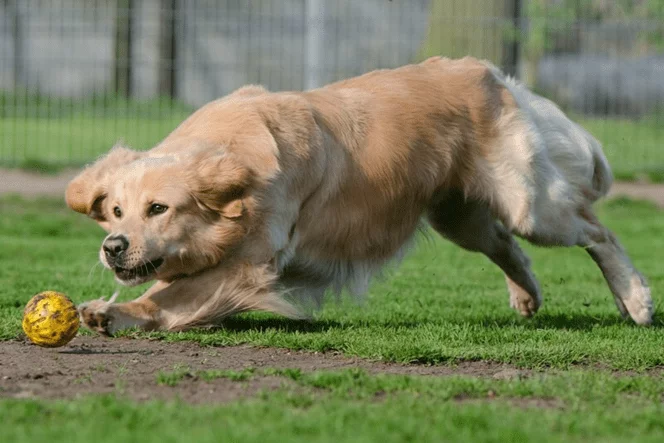
Image Source: ASPCA
Your dog has all this energy that it needs to use up. If it doesn’t get enough exercise – especially if it’s a large breed that needs a lot of exercise – this can often become the root of dog aggression. Exercise burns the dog’s excess energy, and helps it maintain a healthy state of mind. Before you bring a puppy home, always make sure that you can give it the kind of exercise it needs.
For example, if you live in an apartment, consider getting a lap dog (like a pug) that doesn’t need a lot of exercise. If you’ve got a lot of yard space, or live somewhere you can find a dog-walker, then it’s alright to get large, powerful breeds like retrievers, mastiffs and pit bulls.
9. Abuse and neglect in the past
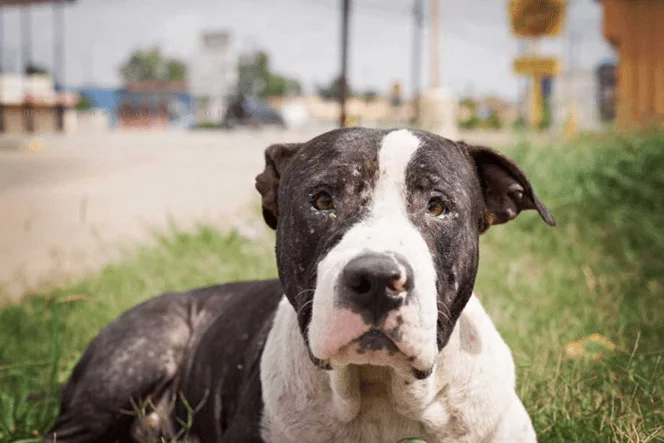
Image Source: Chron
Many rescued dogs that have suffered from neglect or abuse in the hands of previous owners may develop a tendency to snarl, growl, snap, lunge at or bite strangers or other dogs. The dog may generally get along well, but then you’ll find a specific situation that may trigger the problematic behaviours. Neglect in their original or foster homes is one of the biggest causes of behaviour problems in older dogs that have been rescued.
8. Lack of social interactions as a puppy
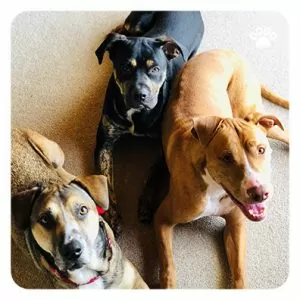
Image Source: dogo
If your puppy hasn’t had a lot of social interaction growing up, with other animals or people other than the immediate family members, it could lead to behavioural problems in older dogs.
7. Traumatic experiences with other dogs
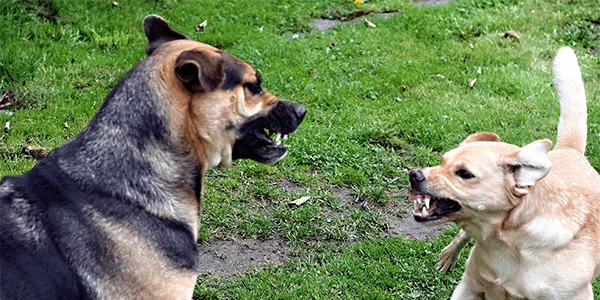
Image Source: Dr Sophia Yin
One of the reasons dogs show bad behaviours towards other dogs is that they’ve had traumatic experiences with other dogs when they were young. If your dog was rescued from a dog-fighting operation, for instance, it could lead to dog aggression against other canines more often.
6. The owner’s behaviour
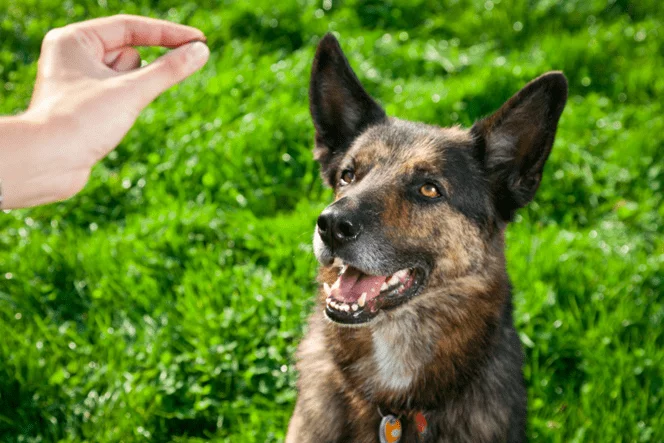
Image Source: Play Train Dog
According to “dog whisperer” Cesar Millan, the dog is a pack animal and you need to show him that you’re the leader of the pack, right from day one. Dog aggression is not premeditated. It may happen when the dog feels the need to protect its ‘pack’. When it’s living with you, you’re a part of the pack. When you establish rules and let the dog know that you’re the leader and you’re to be trusted, then you’ll have fewer problems of dog aggression.
Millan’s methods seem to work well enough that it’s a good idea to pay attention to his perspective on canine training.
5. Fear
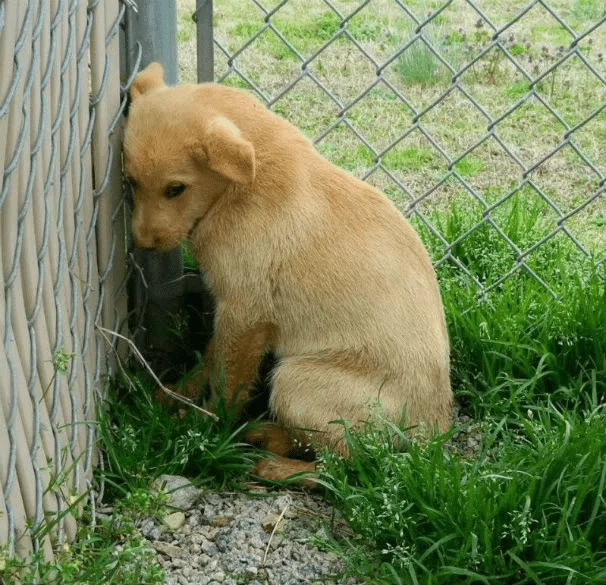
Image Source: dogtrainerjakarta
It goes without saying that fear is one of the major reasons dogs show bad behaviours. This may be fear from a traumatic experience. Or it may be fear from lack of proper socialization. If you think your dog is given bouts of aggression out of fear, speak to an animal behaviourist or your vet to figure out what the potential causes could be.
4. A painful medical condition

Image Source: Petful
Of course, pain can make anyone snappish. And when it’s a rottweiler that is suffering from painful joint problems, you never know when the poor animal can get aggressive with the pain. It is no use blaming the breed in such cases. Always identify the cause of aggression and try to treat it as far as possible, and the aggression will take care of itself.
3. The desire to protect territory or possessions
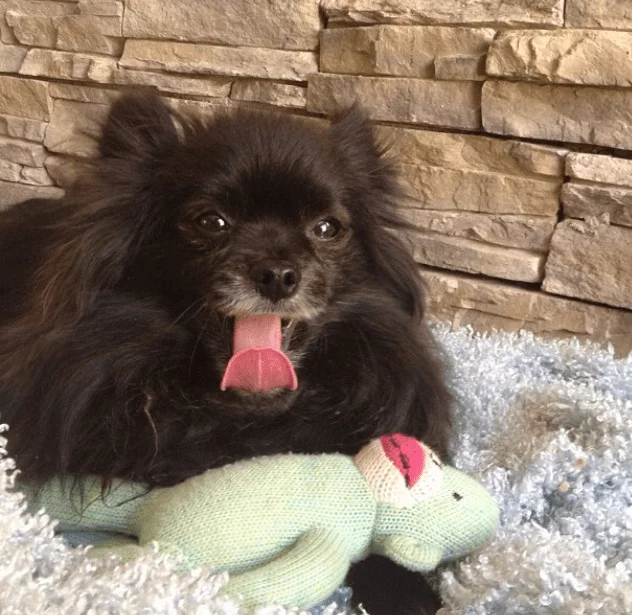
Image Source: Pommy Mommy
One of the reasons dogs show bad behaviours is that they’re territorial or trying to protect their favourite toy, bone etc. This possessiveness or guarding behaviour is natural. But it’s not a good behaviour to encourage. Scolding the dog is not a helpful idea in the long run, or a humane one.
The humane way to fix this behaviour would be to show the dog that good things happen when others approach its feeding bowl, toy or blanket. You could fill the food bowl with your hands, for example, or bring a high-value treat while your puppy is feeding. Also, teach her to wait for your permission before she can access her food bowl or toy. This tells her you’re the owner, not her.
2. A neurological condition
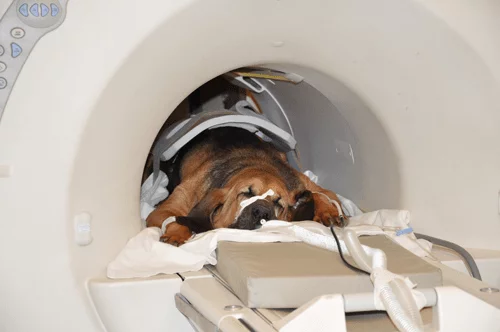
Image Source: Oregon State University
A central nervous system disease (CNS) can also lead to aggressive behaviour. Your vet may run an MRI to find out if there is a neurological problem that is causing the aggression.
1. Frustration

Image Source: itprotoday
Frustration can also be a reason. This is especially true of ‘red zone’ dogs, large dogs like rottweilers, mastiffs and other dominant dogs. In order to be able to control these dogs, you need to be able to quickly assert the pack leader position while the dog is growing. If you don’t, a dominant and frustrated rottweiler can become a big threat when it grows older. These ‘red zone’ dog breeds are often blamed for being dangerous, when the fact is, it’s incorrect training and ignorance that leads to serious cases of aggression.
To avoid behaviour problems in older dogs, it’s very important to bring your puppy up encouraging healthy habits, and socialization through humane training. Positive training is absolutely essential if you want your dog to grow up with a healthy mind and a good temper.
Did you find this article useful? If you liked it, please share! Also, if you have any experience or opinion on dealing with aggression, do get the discussion going. It will help other dog owners immensely!
Don’t forget to read more articles here.

